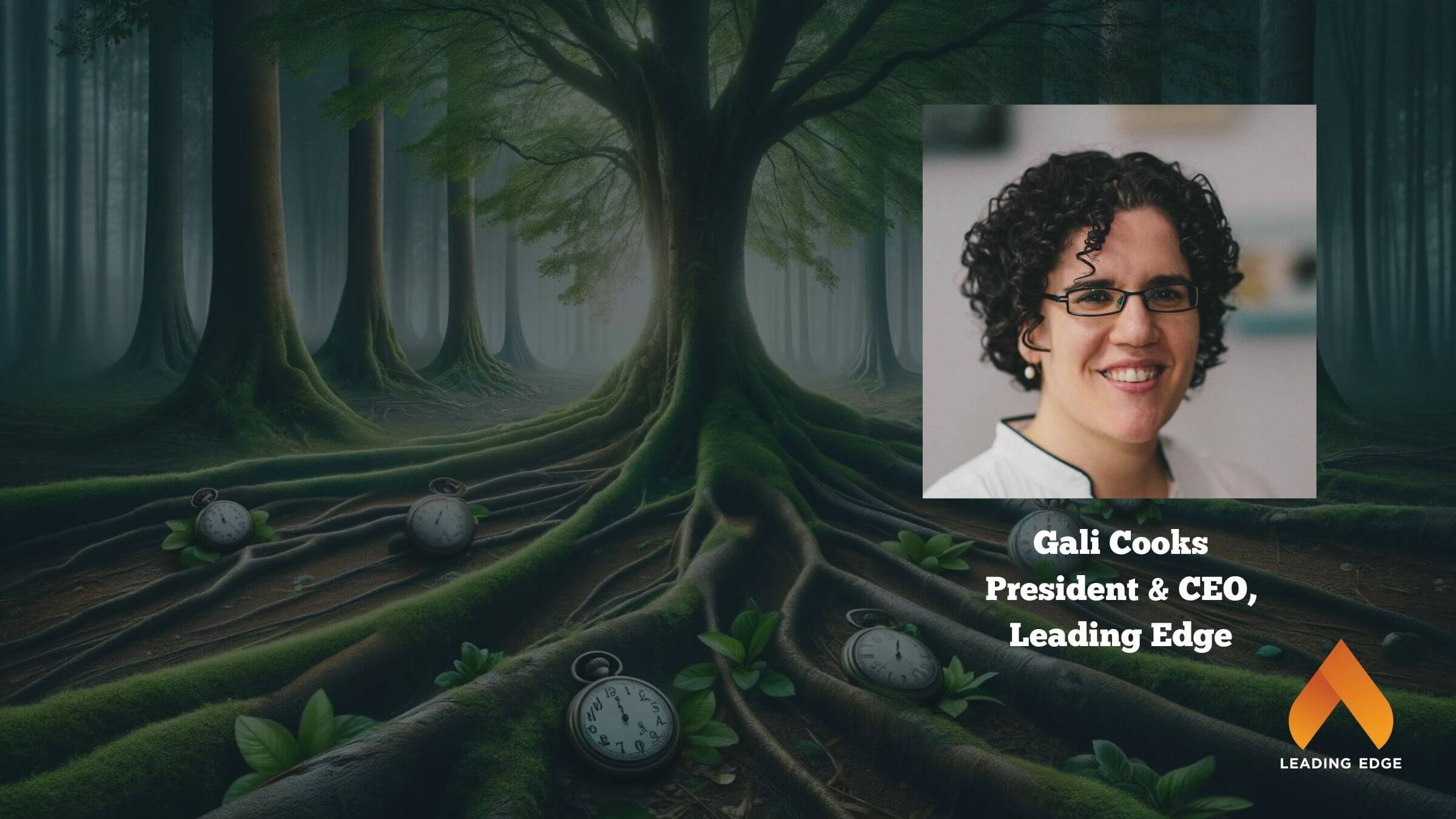The Jewish Case for Inclusion, Equity, and Justice — By Whatever Name
Names can distract from what they signify.

We recently celebrated Shavuot, the holiday marking the giving of the Torah. But when discussing Shavuot, the Torah itself never mentions the giving of the Torah; the Sages had to connect the dots. Instead, the Torah gives three names for that holiday: Festival of Weeks (Shavuot); Festival of Reaping; and Day of First-Fruits. All three of these names are curiously vague — avoidant, even. Why should the Torah be so hesitant to name the Torah as the meaning of Shavuot? Is the Torah ashamed or afraid of something? Why not be clear?
Perhaps this strange reticence is a hint about the nature of Torah. “Torah” means so much more than two tablets, five books, the TaNaKH, the Talmud, or any fixed text. Torah is so much bigger than its name; it’s a generative, endless encounter between the Divine and every single Jew in history. Traditional metaphors for Torah are expansive: the “palace of Torah” has many rooms; the Torah has “seventy faces.”
Names can distract from what they signify.
In Jewish communal discourse after October 7 and the global surge in antisemitism, many people (including some Jewish funders, organizational leaders, and thought leaders) have begun passionately attacking “DEI.” For Jews like me who are deeply and personally committed to creating a Jewish community that is diverse, equitable, and inclusive, this has been painful. The instinct arises to become defensive, to confront, to fight.
But what are we fighting about? More often than not, it’s the name.
Names collect connotations beyond their denotations. They become tribal signals. In my work, I’ve had experiences of trying something DEI-related and facing tremendous push-back, and when I changed the language — not the substance in even the tiniest way, just wording! — resistance evaporated.
The Jewish leaders I know, of every ideology, left to right, want to have a fair community where everyone belongs.
Nobody I know doesn’t want to get to that destination, yet we fight so passionately over labels, acronyms, names. True, we also have important differences about how to achieve these shared goals. But often, fights about terminology distract us from having important conversations about our visions and values that we urgently need to have. On the heels of Shavuot, I’m reminding myself that despite real disagreements, I believe we’re all heading for the same mountain. We can walk together as we disagree. The Torah is not too proud to be generously broad in naming its own holiday. Maybe we can all learn from that.
“Moving Through the Wilderness: Recommitting to Equity After 10/7” is a collection of brief essays born out of Elevate: An Executive Leadership Equity Accelerator. Elevate launched in May 2023 and its first cohort consisted of eleven CEOs of influential Jewish institutions, who are committed to the Jewish value and responsibility of equity within our community. The idea for this project emerged in Montgomery, Alabama during one of Elevate’s in-person convenings in early 2024. To learn more about Elevate and the program’s co-founders and leaders, Gamal J. Palmer and Catherine Bell, click here.
Moving Through the Wilderness is presented in partnership with the Forward, the leading voice in Jewish journalism. Read more essays in the collection.